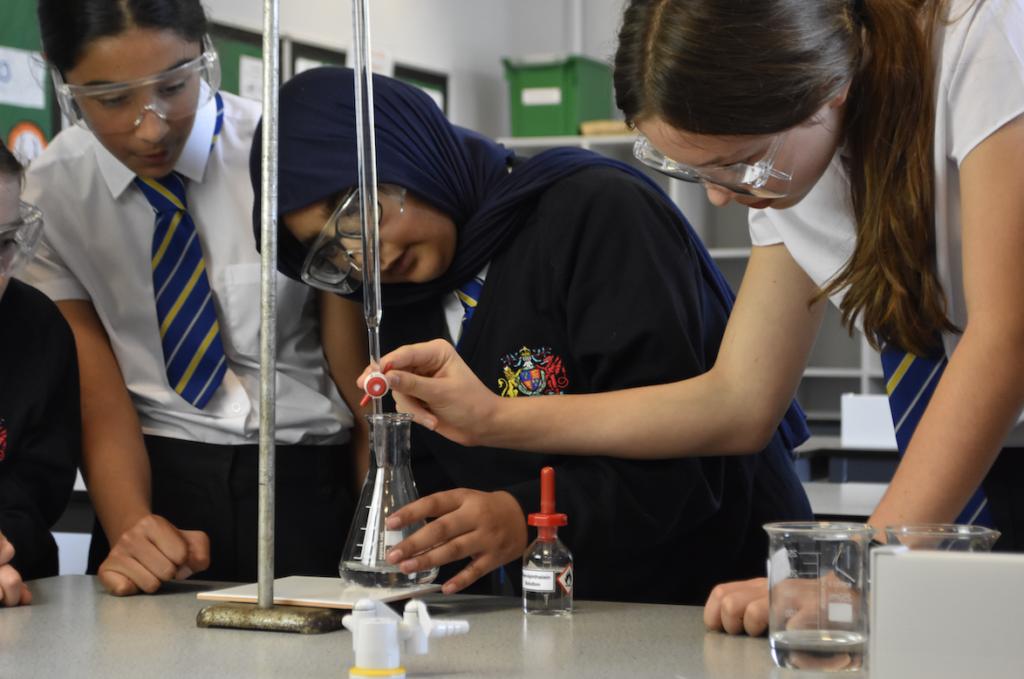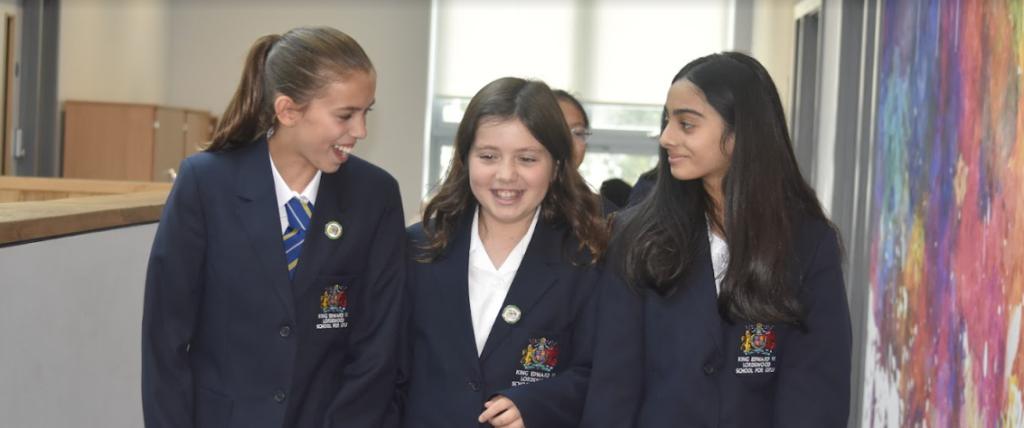Course outline
Teaching will develop pupils’ understanding of democracy, government and the rights and responsibilities of citizens.
Students will use and apply their knowledge and understanding whilst developing skills to research and interrogate evidence, debate and evaluate viewpoints, present reasoned arguments and take informed action.
Year 7
- What is citizenship?
- How did we become a ‘United Kingdom’?
- What are our civil liberties?
- What are human rights?
- How do we tackle crime?
- Contemporary issues
Year 8
- How does the UK government work?
- Representation in the UK
- What international organisations does the UK belong to?
- How is poverty tackled?
- What is terrorism and how is it tackled?
- How does the UK Criminal Justice System work?
Year 9
- Political ideologies
- Finance
- Consumer rights
- Human rights
- Immigration
- Rights and responsibilities (GCSE content)
Assessment (including homework)
In citizenship we develop the following skills:- knowledge and understanding- source analysis – evaluation of scenarios- essay-writingAt the end of each topic (each half term), students will be given an assessment in lesson that enables them to practise one of those key skills. As well as this students are given a fact test each half term to help them prepare for those assessments. After each assessment students are encouraged to choose one target based on their feedback.
How to support your daughter
Asking questions about homework, proofreading and supporting students in the application of the marking criteria.
Encouraging students to access current religious and moral issues via a range of media.
Supporting the revision of key words and their meaning.



